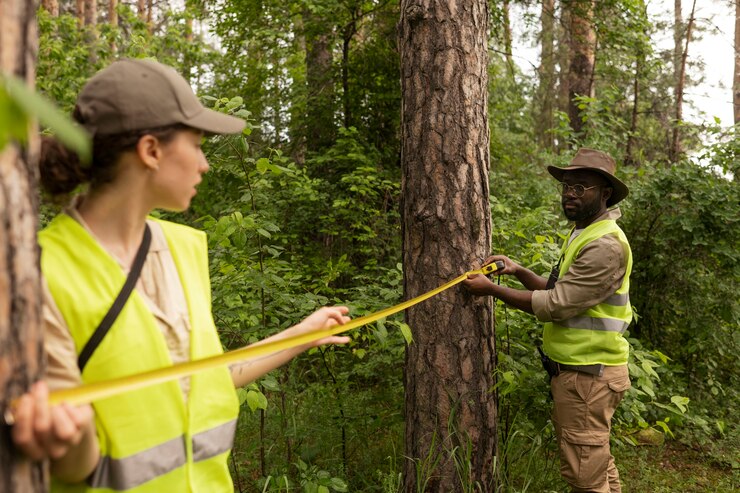Lotus299, Goldenexch, Msdexch: Sustainable forestry plays a crucial role in preserving our natural resources and ensuring the long-term health of our forests. By managing forests in a sustainable manner, we can maintain healthy ecosystems, protect biodiversity, and support wildlife habitats. This approach also helps in combating climate change by sequestering carbon dioxide, which is essential for mitigating the impacts of global warming.\n
Furthermore, sustainable forestry practices promote the continued availability of timber and other forest products for future generations. By harvesting trees responsibly and replanting new ones, we can ensure a constant supply of wood and non-timber forest products. This not only supports economic activities such as the timber industry but also contributes to local livelihoods and rural development.
The Importance of Biodiversity in Forest Management
Biodiversity plays a crucial role in forest management by supporting the overall health and resilience of ecosystems. A diverse range of plant and animal species helps to maintain a balanced food chain and natural processes, such as pollination and decomposition. This interconnected web of life ensures that forests can adapt to environmental changes and disturbances, ultimately promoting their long-term sustainability.
Furthermore, biodiversity is essential for the provision of ecosystem services, such as clean air and water, carbon sequestration, and nutrient cycling. Different species within a forest ecosystem contribute uniquely to these services, enhancing the overall functioning of the ecosystem. By protecting and promoting biodiversity in forest management practices, we can safeguard these vital ecosystem services and ensure the well-being of both nature and society.
Economic Impacts of Responsible Forest Resource Management
Aldoexch, Aaonline777, Aaonline247: Responsible forest resource management can have significant economic impacts on various sectors. When forests are managed sustainably, it not only ensures the long-term availability of resources but also contributes to economic stability. Through responsible forestry practices, such as selective logging and reforestation, communities can benefit from a steady income generated from the sale of timber and non-timber forest products.
Furthermore, responsible forest resource management promotes job creation and economic growth, especially in rural areas where forests are abundant. By maintaining the health of forest ecosystems and preventing overexploitation, industries reliant on forest resources can thrive in the long run. This not only supports local economies but also fosters a sustainable environment for future generations.
What are the benefits of sustainable forestry?
Sustainable forestry practices help to maintain healthy ecosystems, protect biodiversity, support local communities, and contribute to long-term economic stability.
Why is biodiversity important in forest management?
Biodiversity in forests plays a crucial role in maintaining ecosystem balance, supporting plant and animal species, and providing valuable resources for various industries.
How does responsible forest resource management impact the economy?
Responsible forest resource management can lead to job creation, increased revenue from sustainable forestry practices, and long-term economic growth in the forest industry.
What are some examples of economic impacts of responsible forest resource management?
Examples include sustainable timber harvesting practices that ensure long-term supply, ecotourism opportunities that generate revenue for local communities, and investments in forest restoration projects that create jobs and stimulate economic development.
How can individuals support responsible forest resource management?
Individuals can support responsible forest resource management by choosing sustainably sourced wood products, participating in conservation efforts, and advocating for policies that promote sustainable forestry practices.
Additional:

